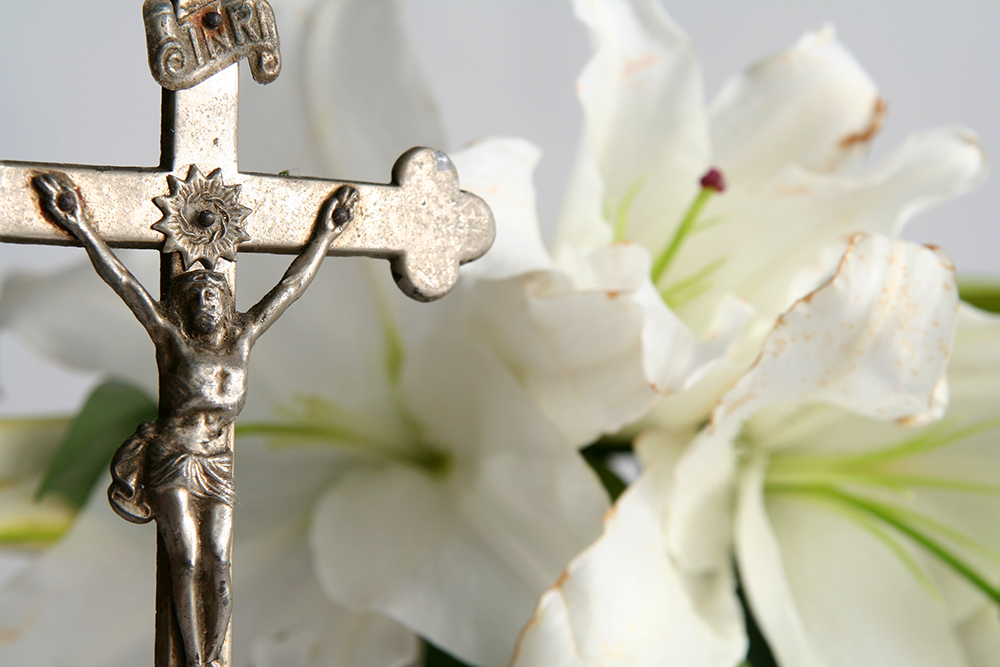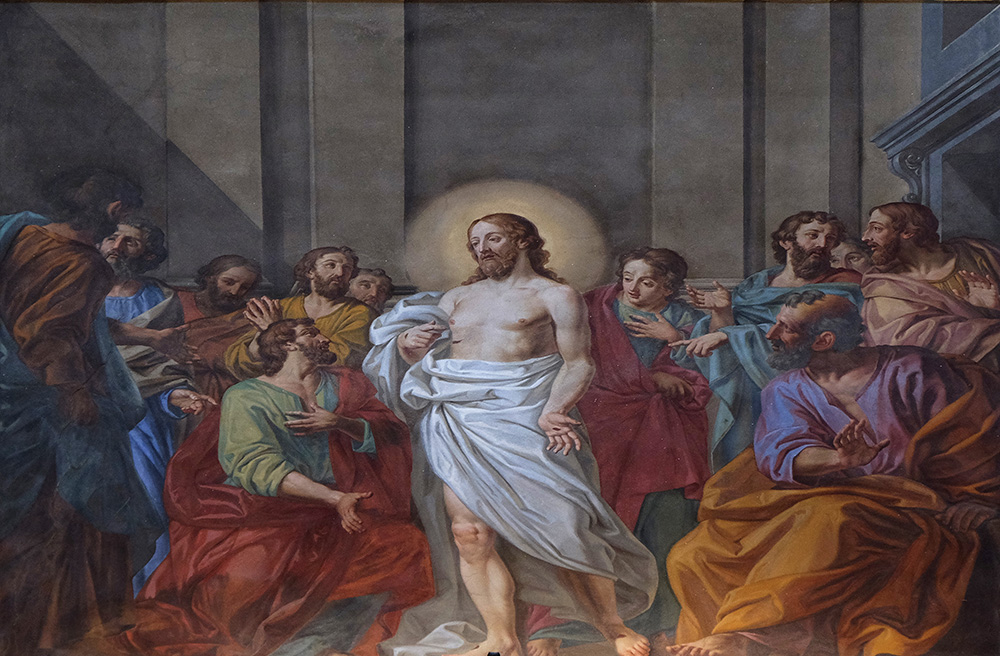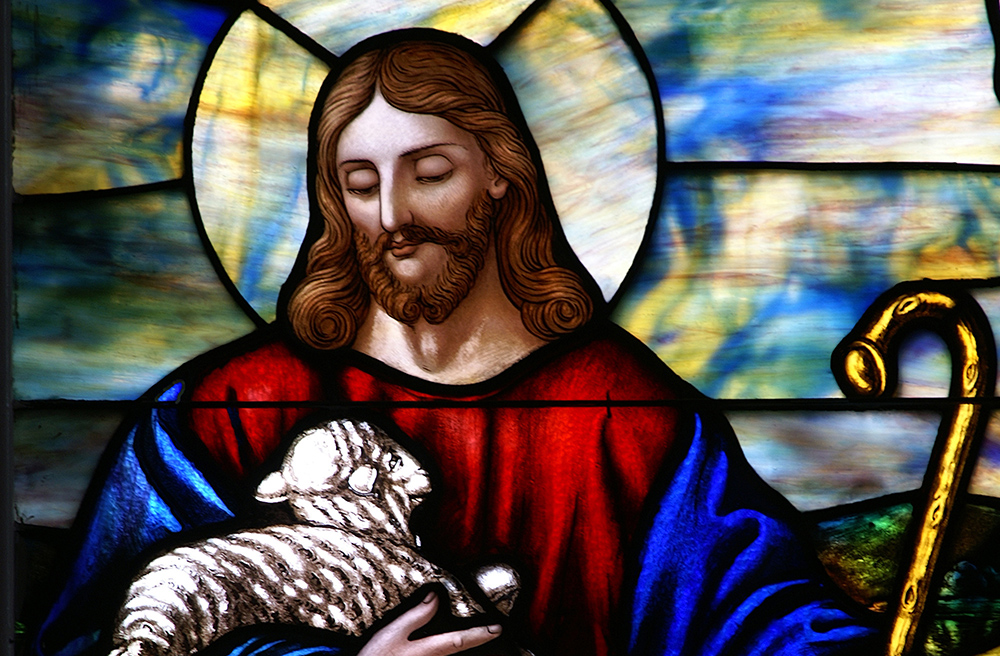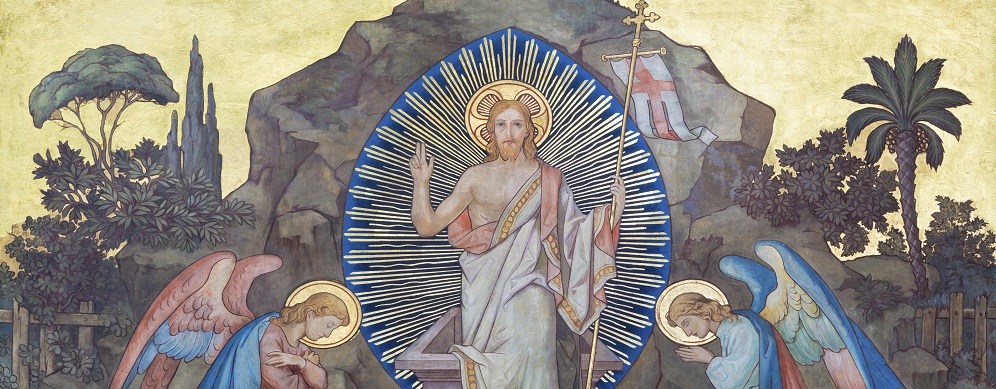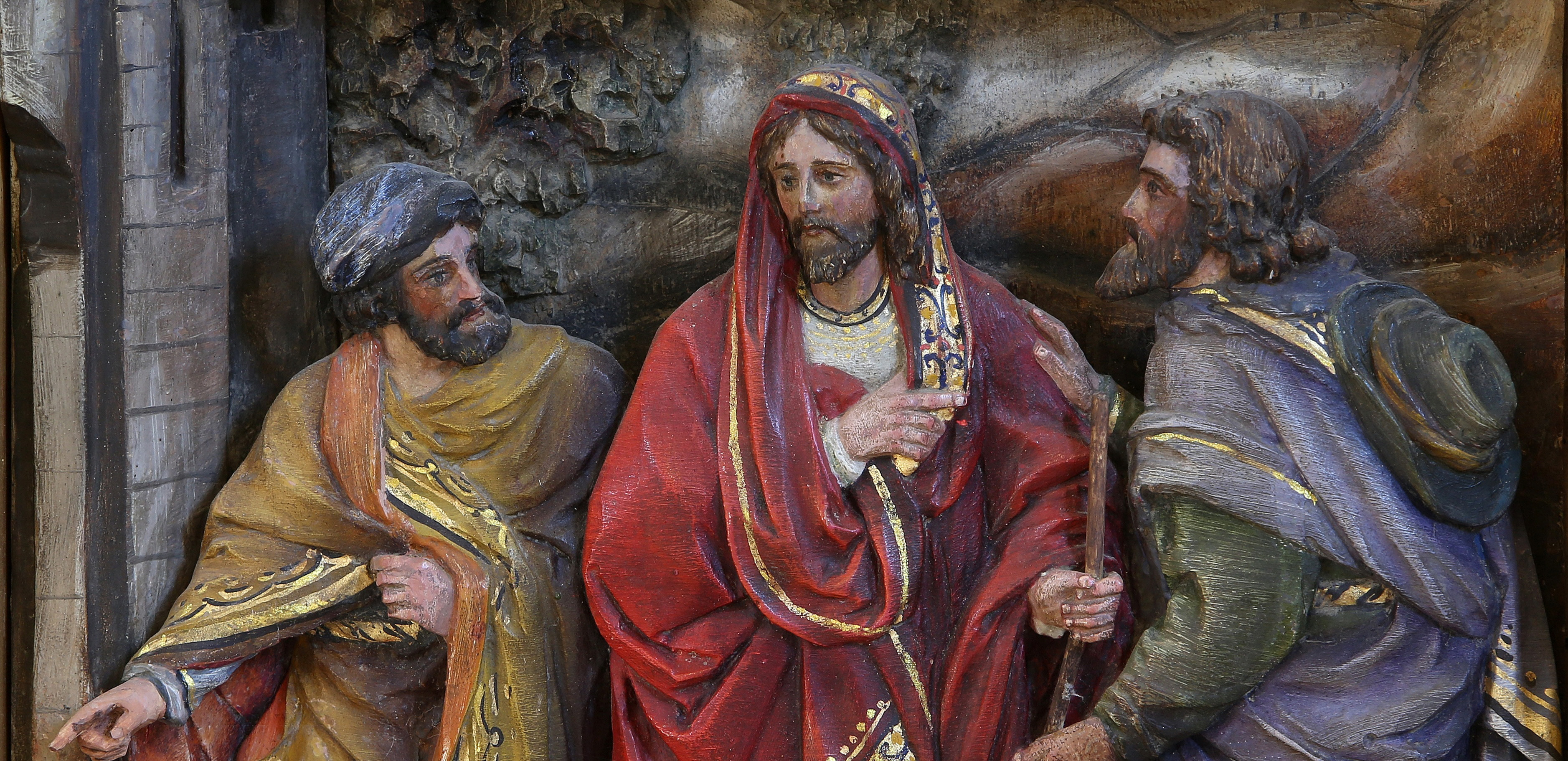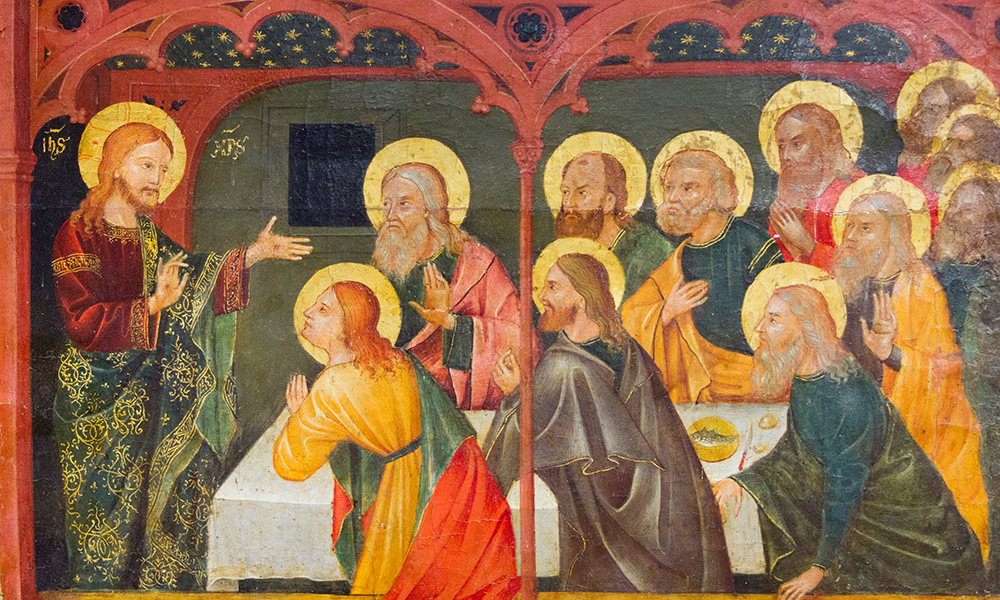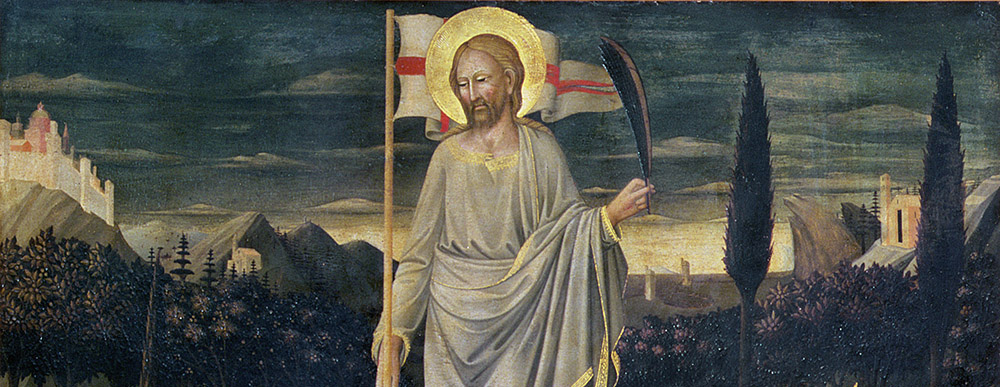Holy Week culminates on Easter, the celebration of Christ’s triumph: darkness gives way to the light, silence to exultant praise, and death to eternal life.
The world marked by sin and death, constriction and diminishment, the defeat of which Easter represents. Sin’s nature turns sinners in on themselves, makes their vision myopic, their desire truncated, and their relationships with God and others increasingly disabled. The world of death, which is sin’s consequence, is marked above all by decay. Sin is the spiritual material withering toward nothingness.
Easter is the very opposite of all this. Easter is characterized by expansiveness and growth. The spark of one candle giving way to an ocean of flame, the birthing of baptismal waters, the marvelous uplift of the Spirit outpoured, the nourishment of bread come down from heaven is all made possible by the inability of a rock-hewn tomb to encase the author of salvation.
But what does it mean to celebrate this expansiveness of Easter in a world shrunken by quarantine? How to celebrate life surrounded by images of death? How to proclaim the growth of God’s Kingdom within the suffocating global empire of pestilence?
These are the unavoidable questions of Easter 2020. And, if we are honest, they are questions that do not come with stock answers, but we must now navigate these uncharted waters.
May I be so bold to propose a path forward? If I can, it’s only because of the pathway that Christ has already cleared for us. It is the road that runs from fear to freedom, impatient despair to hope.
The COVID-19 pandemic already has become an event of global disruption unlike anything we have seen, since, perhaps, World War II. It’s still far too early to tell the ultimate consequences of that disruption. That uncertainty quite understandably is the source of great anxiety, even dread. To not be so affected would be, in truth, inhuman.
That constricting fear at the level of the spirit is compounded by the increasing constriction of our bodies, as the requirements of social distancing become ever more restrictive. The world remade by virus is a claustrophobia inducing vice-grip of persons.
It is true that we cannot (nor should we) stage a “break-out” from the legitimate strictures put in place on our physical movement. But we can and should break free from the chains of fear and despair, because Christ has set us free, and that is the one and only source of our hope. Not only must we do so for our own sakes, and for the sake of the Church, but for the world as well. That is how we live Easter expansiveness. We share with the world the freedom and hope given to us. We share the light of Christ until it illuminates a world plunged in darkness. We breathe out the God’s Spirit on multitudes literally suffocating for lack of air. This is what it truly looks like to be an Easter people.
But we can only give to others what we have. We cannot share the freedom and the hope that Christ makes possible if we are still consumed by fear and despair — even if these are cleverly veiled under the guise of devotion.
Part of growing in Christ’s freedom is accepting that things will inevitably change. We do not know what the world will look like — or even the practice of Church life — on the far side of the pandemic. Certainly much that once was will be lost, never to be regained. Of course, contained in the moment, is the alternate possibility that things once lost may be recovered. Regardless, there is no going back to exactly how things were; there is only the possibility of going forward.
There will be those who find this difficult to accept, and that is to be expected. There are the impatient demands for the world and the Church to get back to “normal” as quickly as possible. But that is merely the voice of fear denying the truth that we have no control over what is uncontrollable. Real freedom involves a surrender: to God, and God’s future, yet to be revealed.
The medieval mystic Julian of Norwich — a woman who in her own life witnessed medical and ecclesial calamities far greater than any of us have experienced — recalling the words of Christ, once wrote: “he did not say, ‘you shall not be tormented, you shall not be troubled, you shall not be grieved,’ but he said, ‘you shall not be overcome.’” God want us to pay attention to these words, she added, “for he loves and is pleased with us, and so he wishes us to love and be pleased with him and put great trust in him,” and in the end, “all shall be well, and all manner of things shall be well (Revelations of Divine Love, Penguin, 1998).”
Father Andrew Clyne writes from Maryland.

